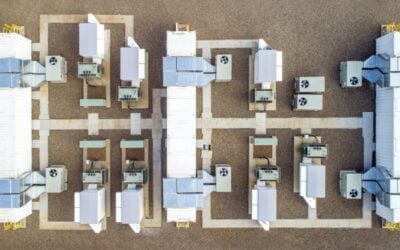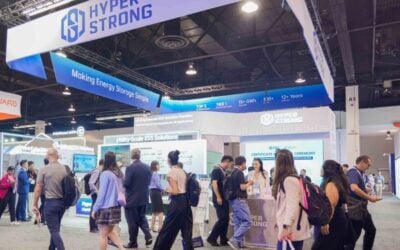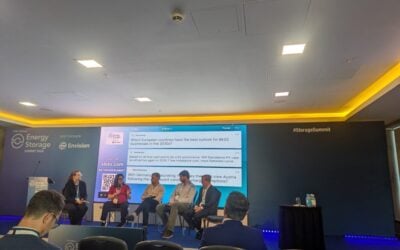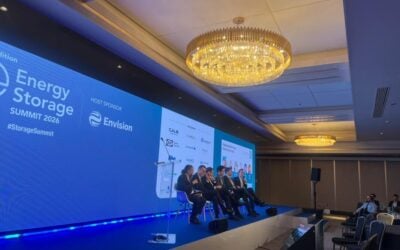The International Electrochemical Commission (IEC) will begin a programme of standardisation for redox flow batteries – which can be used for large scale energy storage applications – following discussions which were initiated in Japan in October 2013.
The Japanese Ministry of Economy, Trade and Industry (METI) announced on its website that the country’s Industrial Standards Committee (JISC) had proposed the setting of international standards for the batteries. Redox Flow batteries, often known as simply ‘flow batteries’, can be used to adjust electricity supply-demand balance in case of demand decreases, as well as frequency variations.
Unlike lithium-ion based batteries or other commonly used battery types, flow batteries contain a liquid electrolyte solution which is charged and discharged as required, instead of solid materials. Due to the use of liquid solution, it is thought that flow batteries could be scaled-up in size more easily than solid battery types, as more or less electrolyte solution can be added to the cell accordingly. Japan is trialling the largest such system in the world, a 60MWh battery on the island of Hokkaido.
Japan was not alone in proposing standardisation; government representatives of China and Spain have also recently submitted similar suggestions to the IEC.
Try Premium for just $1
- Full premium access for the first month at only $1
- Converts to an annual rate after 30 days unless cancelled
- Cancel anytime during the trial period
Premium Benefits
- Expert industry analysis and interviews
- Digital access to PV Tech Power journal
- Exclusive event discounts
Or get the full Premium subscription right away
Or continue reading this article for free
Industry figures including major battery manufacturers have recently referred to the importance of standardisation in the growing energy storage industry.
Japan is at present trialling the largest such system in the world, a 60MWh battery on the island of Hokkaido. Image: Japan Ministry of Economy, Trade and Industry.





